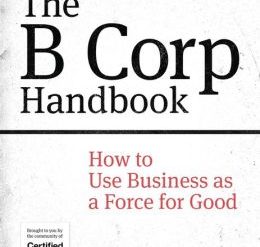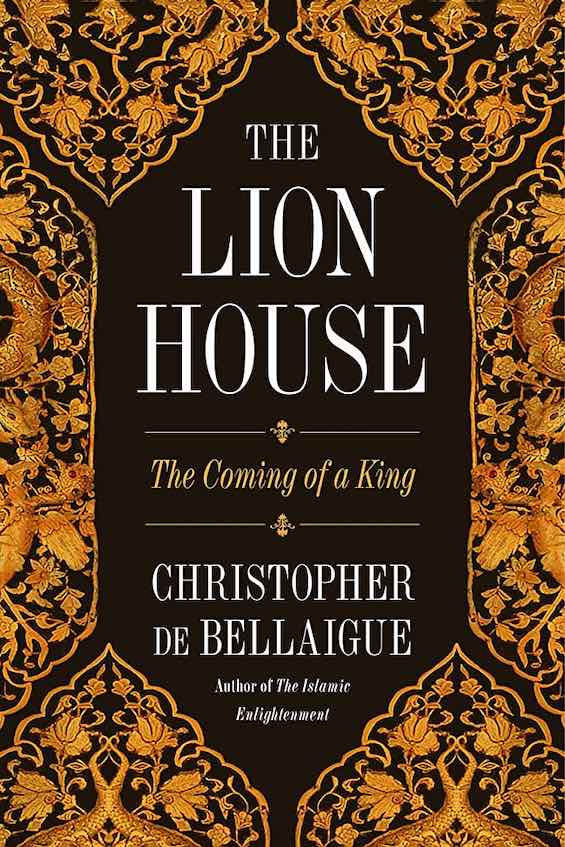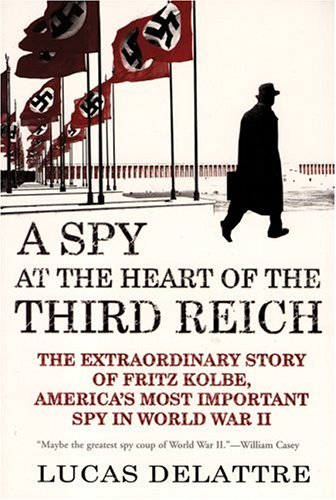
One of the reasons the resistance to Nazism within Germany itself was so meager was the refusal of the Allies to support the men and women who opposed Hitler. Still, many brave souls persisted nonetheless, hoping to overturn the Third Reich and reach a peace agreement with the Americans and British. But the Allies demanded unconditional surrender, and there were few in Germany who could countenance the utter destruction of the land they loved. One of those few exceptional individuals was a mid-level official in the German Foreign Ministry named Fritz Kolbe—and he became the top American spy in the war. In A Spy at the Heart of the Third Reich, French journalist Lucas Delattre tells the astonishing story of Kolbe’s three-year work funneling top-secret documents from Berlin to the CIA in Bern, Switzerland.
A biography of a remarkable man
Although he was only five-foot-seven, Fritz Kolbe (1900-71) was a fanatical sportsman. He was also a charming man, a ladies’ man. He possessed little ambition beyond the confines of his job in the Foreign Ministry. But sometime shortly after Adolf Hitler came to power in 1933, he had developed one overwhelming desire: to do whatever was in his power to overturn the Nazi regime.
Kolbe was reckless and outspoken, writing anti-Nazi leaflets, speculating about sabotage with his friends, and fantasizing about a “people’s militia.” Somehow, though, he never came to the attention of the Gestapo. Others in his circle were caught, but not Kolbe. The dilemma weighed on him: they were accomplishing nothing of consequence but losing lives in the process. Eventually, he determined to take the most effective step he could to undermine the Third Reich: deliver its secrets to the Allies. “‘Treason? So be it,’ he said to himself after a point that cannot be precisely located (probably late 1942 or early 1943).”
A Spy at the Heart of the Third Reich: The Extraordinary Story of Fritz Kolbe, America’s Most Important Spy in World War II by Lucas Delattre (2005) 321 pages ★★★★★
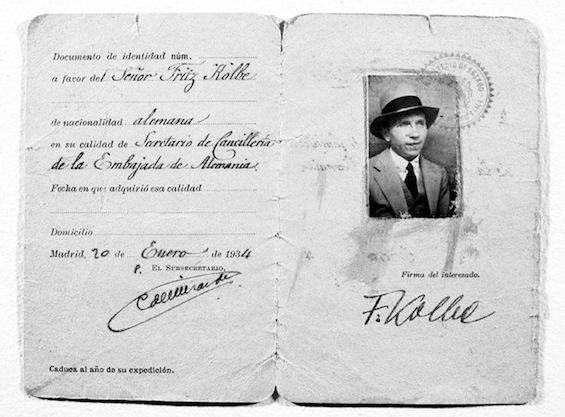
The top American spy in World War II
A convinced anti-Communist, Kolbe had no interest in working with the Soviet Union. He turned first to the British. Despite showing them a bundle of top-secret material, they turned him down flat. Like so many in intelligence circles, they were paranoid and were convinced he was acting on behalf of the Abwehr. Discouraged but determined, Kolbe spent weeks seeking a path to the Americans. If MI6 wouldn’t have him, then perhaps the OSS had more sense. Eventually, following a complex and risky route through friends, Kolbe found his way to Allen Dulles in Bern. The former corporate lawyer headed the OSS mission in Switzerland. At first, he too was skeptical. But the obviously sensitive nature of the documents Kolbe handed over and the man’s passion and sincerity convinced him to take a chance.
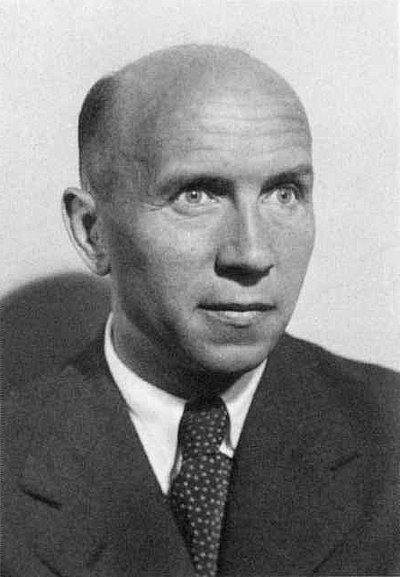
For months, they wouldn’t believe him
Dulles sent the diplomatic cables from Kolbe to his superiors, which in turn handed them on to OSS counterespionage. They in turn delivered the documents to MI6, where the agency’s vice-director, Lt. Col. Claude Dansey, led a fine-toothed examination of the details they contained. Unfortunately, Dansey detested Allen Dulles—as did many in British intelligence—and adamantly refused to believe that the American could possibly come up with such important material if it were genuine. And, as Dulles was informed by his superiors late in April 1943, “all news from Bern these days in being discounted 100% by the War Department.”
Suspicions raised both within OSS and in MI6 prevented the Allies from acting on much of the information Kolbe provided for nearly a year. And this was a man who spent extended periods in the Wolf’s Lair in East Prussia in close proximity to Hitler, Goering, Goebbels, and other top Nazis and overheard blood-curdling conversations among them.
“The very best Allied agent in World War II”
“In the last two years of World War II,” Delattre writes, “‘George Wood” (Kolbe’s OSS alias) brought to the Allies no fewer than 2,600 secret documents from Hitler’s Foreign Office, some of them of the highest importance. Eisenhower called him one of the most valuable agents we had during the entire war.” Others went further. “In his memoirs, published in April 2003, Richard Helms, former director of the CIA (and a senior official in the OSS in the war], pays tribute to him by emphasizing that “‘Kolbe’s information is now recognized as the very best produced by any Allied agent in World War II.'” He was, indeed, the top American spy.
“Kolbe was like a magician”
“Kolbe was like a magician pulling dozens of surprises out of his sleeve,” Delattre notes. “Strategic revelations (‘how the Spanish are delivering tungsten to the Germans,’ ‘planned retreat of German troops as far as the Dnieper,’ ‘German and Japanese submarines at the Cape of Good Hope’) . . . [and] indications on the locations of industrial sites worth bombing (“the Telefunken factory in Lichterfelde, near Berlin, which provides precision equipment to the Luftwaffe’).” Kolbe successfully identified many of the industrial sites most critical to the Reich’s production of aircraft and other war materiel. But he revealed strategically important information, too. For example, Spanish tungsten was “a strategic material that the German armaments industry desperately needed.” Had the Allies acted on all this information, it’s not difficult to imagine that they might have shortened the war by months.
About the author
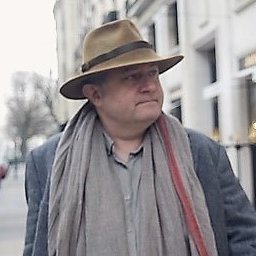
Lucas Delattre‘s bio on Goodreads notes that he is a Professor of Communication/Media/Digital at the Institut Français de la Mode (IFM) and a graduate of the Ecole Normale Supérieure, class of 1985, in arts and history. He also received a Media and Communication Masters from ESCP Europe in 1989. Delattre worked as a foreign correspondent and journalist in Germany from 1989 to 1997 for Le Monde and then on the foreign desk at Le Monde in Paris from 1997 to 2001. He was deputy editor of Le Monde des Débats in 2001 and then head of the Paris office of the Conseil de l’Europe from 2002 to 2005. Since 2006, Delattre has been in charge of communications for IFM.
For related reading
This is one of the 10 top WWII books about espionage.
Check out 10 great biographies.
You might also be interested in:
- 30 good nonfiction books about espionage
- 10 top nonfiction books about World War II
- Seven common misconceptions about World War II
- The 10 most consequential events of World War II
- The 10 best novels about World War II
And you can always find my most popular reviews, and the most recent ones, on the Home Page.

